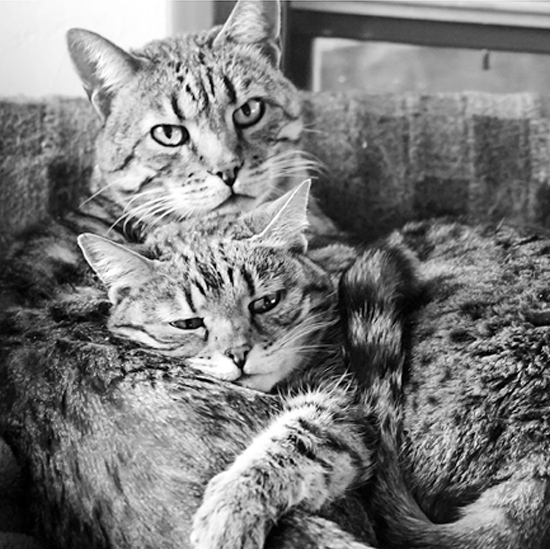INFORMATION: CLAIMING LEADERSHIP
Restoring Learning to Decision Making
I don’t think I need to convince you of the need for learning and its powerful impact on decision making. Many of us were deeply inspired by Peter Senge’s concept of the Learning Organization. The effectiveness of processes that create learning is beyond question and well documented in books that describe processes for individual, team, and organizational learning. Organizations and their leaders have proven how powerful it is to learn from experience and apply this to decisions and actions. Without question, organizations become more creative, effective, and resilient. And individuals and teams who engage in learning are much more innovative, engaged, and work well together in trusted relationships. Without question. We know this.
I admit that every time I’ve spoken about the need to bring learning from experience back into organizational decision making, I’ve felt ridiculous. Really?! We don’t know this is essential to our survival!? C’mon, people. . . .
The greatest enemy of thinking is busyness (business?). I used to love a Zen teacher’s comment that the Western form of laziness is to be busy, while Asian laziness is too much meditation. But I don’t think that’s true any longer. Busyness isn’t our way of avoiding things—it’s our total and complete lifestyle. We have too much to do, too many responsibilities, too many kids’ activities—and in this deluge of tasks and to-dos, we’re highly distracted. With distracted minds, we can’t remember what we were supposed to do next. And we don’t have the brain power to do that well, whatever that was.
I’m assuming you’ve had direct experience with the power of learning to support wise decisions and how, within a team, learning transforms troubled relationships into creativity and support. As you recall these experiences, as either a leader or participant, take a moment to remember what it felt like when thinking and learning were commonplace.
When thinking falters, a living system is at risk. If it continues unchecked, the organism dies. Think about it.
Now you know what to do.
Even capable and honest leaders have no viable way forward. Although the problems may be insoluble, something must be done, and since expediency no longer suffices, they resort to stupidity—doing what has never worked in the past, what cannot succeed in the present, and what will destroy the future both morally and practically.
Joseph Tainter
What Does Human Being Mean?
How do you measure the expense of an erosion of effort and engagement, or a waning of agency and autonomy, or a subtle deterioration of skill? You can’t. Those are the kinds of shadowy, intangible things that we rarely appreciate until after they’re gone, and even then we may have trouble expressing the losses in concrete terms. But the costs are real. The choices we make, or fail to make, about which tasks we hand off to computers and which we keep for ourselves are not just practical or economic choices. They’re ethical choices. They shape the substance of our lives and the place we make for ourselves in the world. Automation confronts us with the most important question of all: What does human being mean?
Nicholas Carr, Utopia Is Freaky

